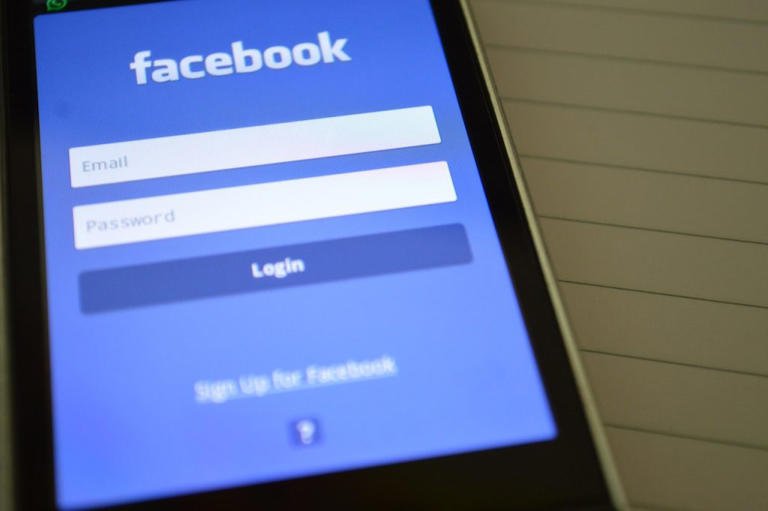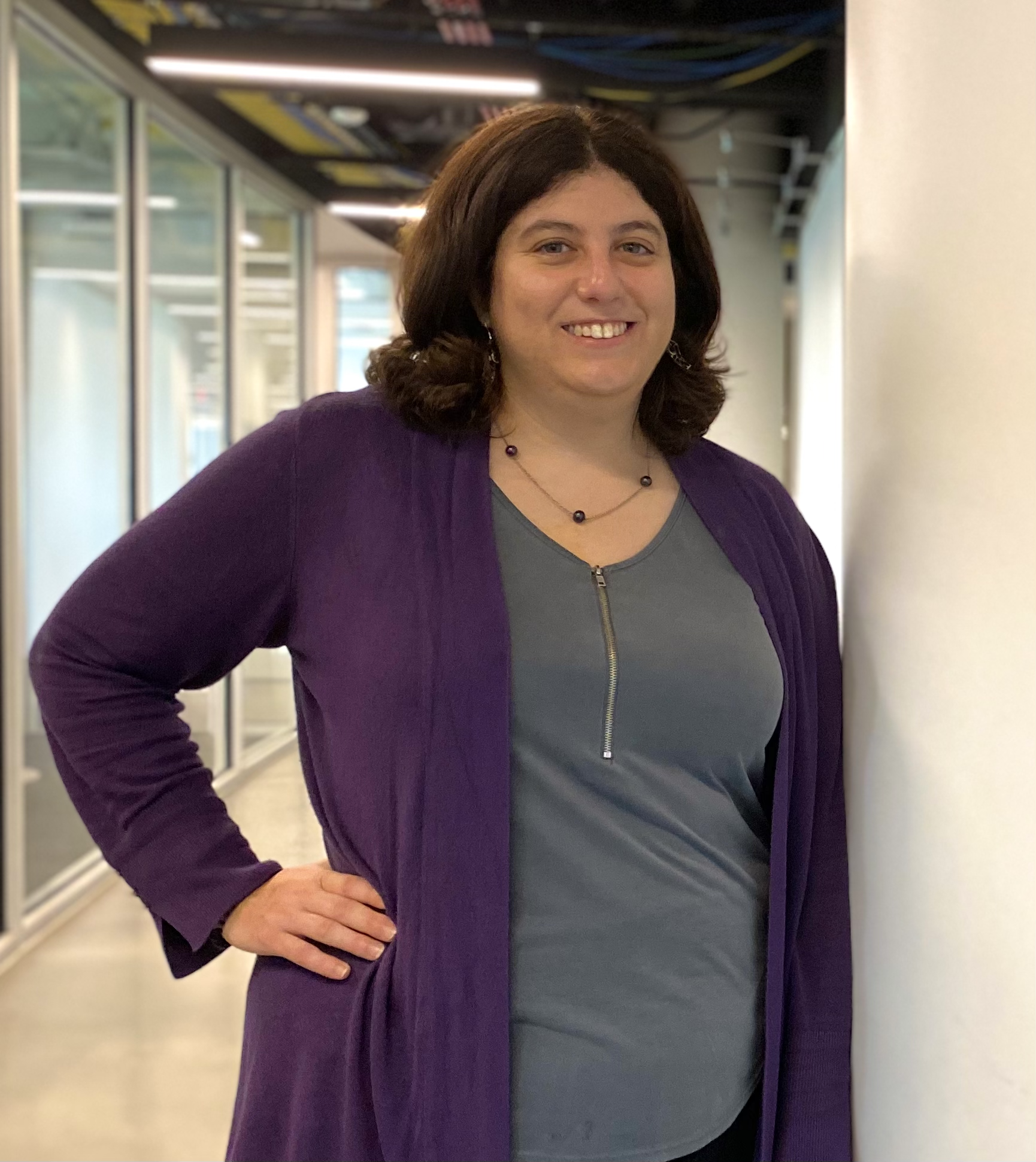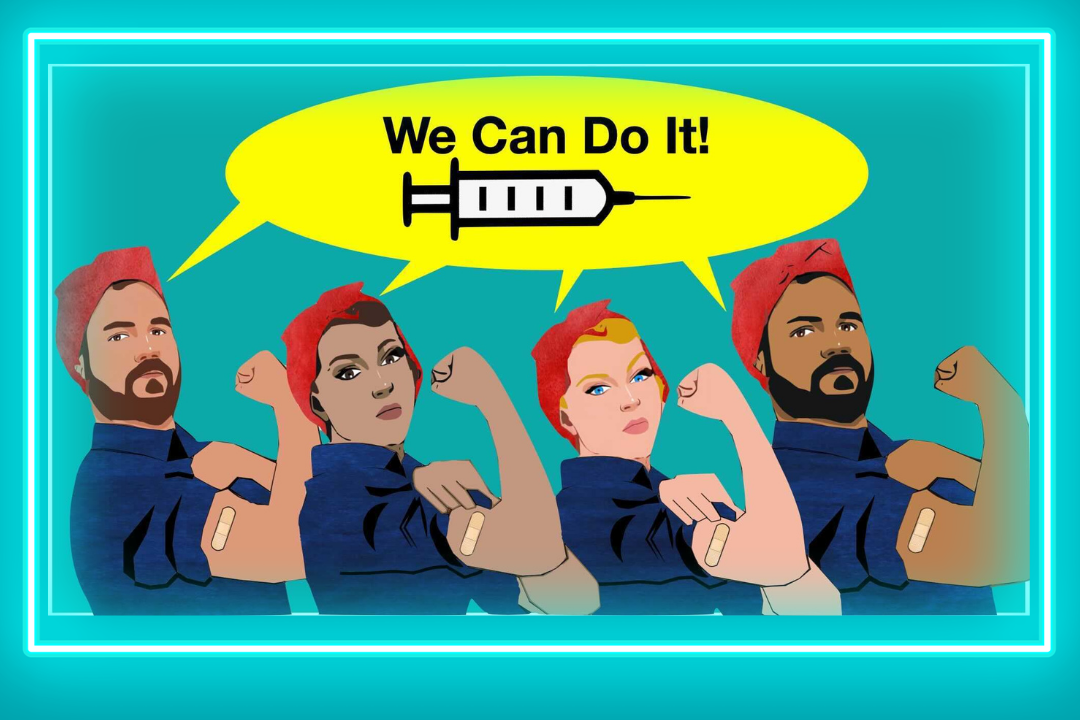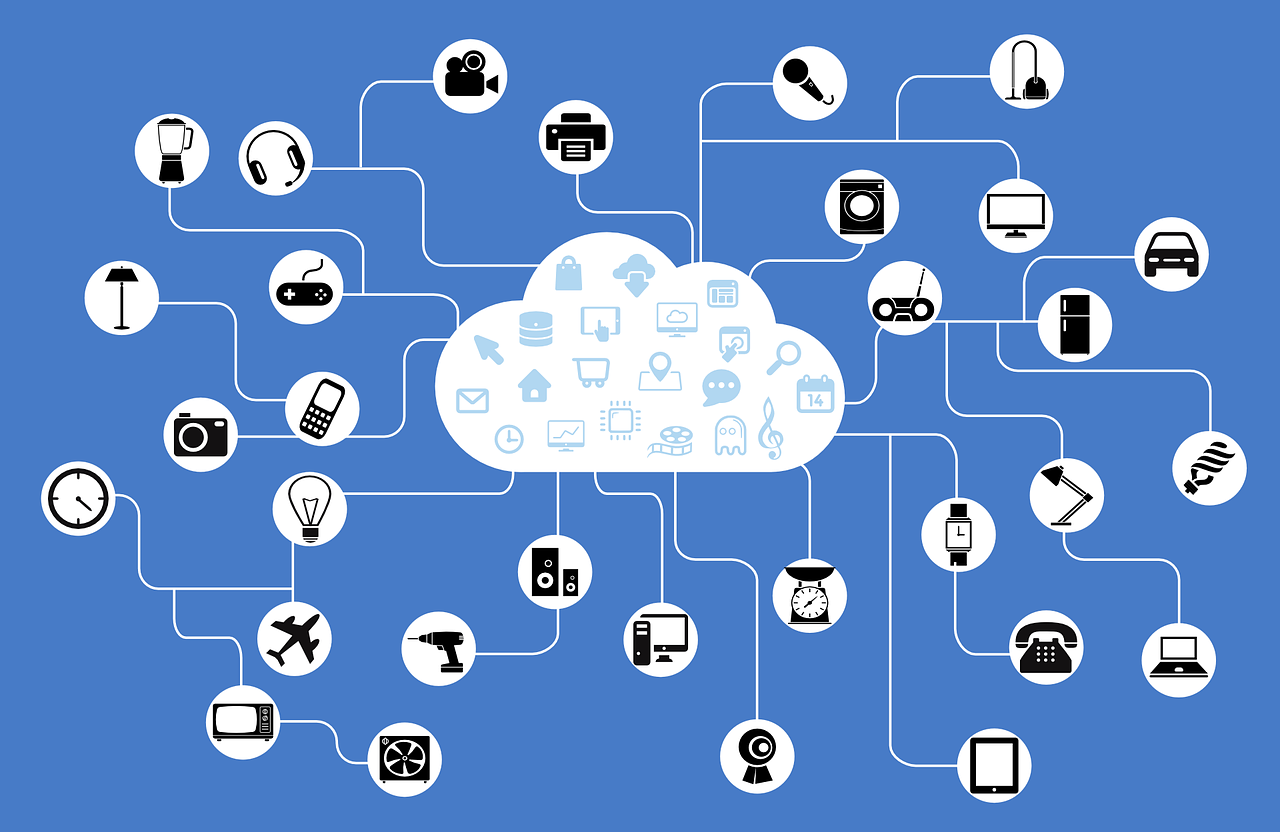News

Outsmarting the Bots When it Comes to News on Social Media
UMD’s Giovanni Luca Ciampaglia outlines how to outsmart bots on social media platforms.

Misinformation on Facebook Got Six Times More Clicks Than Factual News During the 2020 Election, Study Says
GW’s Rebekah Tromble tells The Washington Post that a study of user behavior on Facebook around the 2020 election adds to the growing evidence that misinformation is still prevalent on the app, despite mitigation efforts.

As New Director, Mazurek Expands on MC2’s Momentum
UMD’s Michelle Mazurek leads the Maryland Cybersecurity Center, a multidisciplinary research and education powerhouse focused on cryptography, network security, programming-languages security, blockchains and cryptocurrencies, machine learning security and privacy, and human-centered security.

Mazurek Part of Award-Winning Team Studying the Digital Safety of Sex Workers
UMD’s Michelle Mazurek won a Distinguished Paper Award for her research examining how sex workers conceptualize and manage their digital safety.

GW Students Mobilize to Counter COVID-19 Misinformation on Social Media
GW’s Lorien Abroms is the academic sponsor of a volunteer group that aims to spread evidence-based public health updates using social media channels.

Dabaghchian Awarded $300K for Internet-of-Things Research
Morgan State’s Monireh Dabaghchian has received funding from NSF to support her work to address the increasing demand for wireless spectrum bandwidth introduced by the quickly growing number of internet-connected devices.

Identifying COVID-19 Testing Bottlenecks
GW’s Erica Gralla is studying how COVID-19 testing sites can process samples more efficiently as they scale up operations.

Are Influence Campaigns Trolling Your Social Media Feeds?
UMD’s Cody Buntain is working with a team of researchers using machine learning tools to understand how foreign powers are trying to shape political discussions on social media, and devise ways to curtail it.

$3.1M Award Aims to Prevent Attacks on AI Security Measures
Supported by a $3.1 million DARPA award, UMD’s Tom Goldstein and Abhinav Shrivastava are working to develop safeguards against deception attacks on machine learning algorithms.

When Government Rules by Software, Citizens Are Left in the Dark
GW’s Robert Brauneis co-authored a paper that documents a widespread transparency problem with state and municipal use of predictive algorithms.
